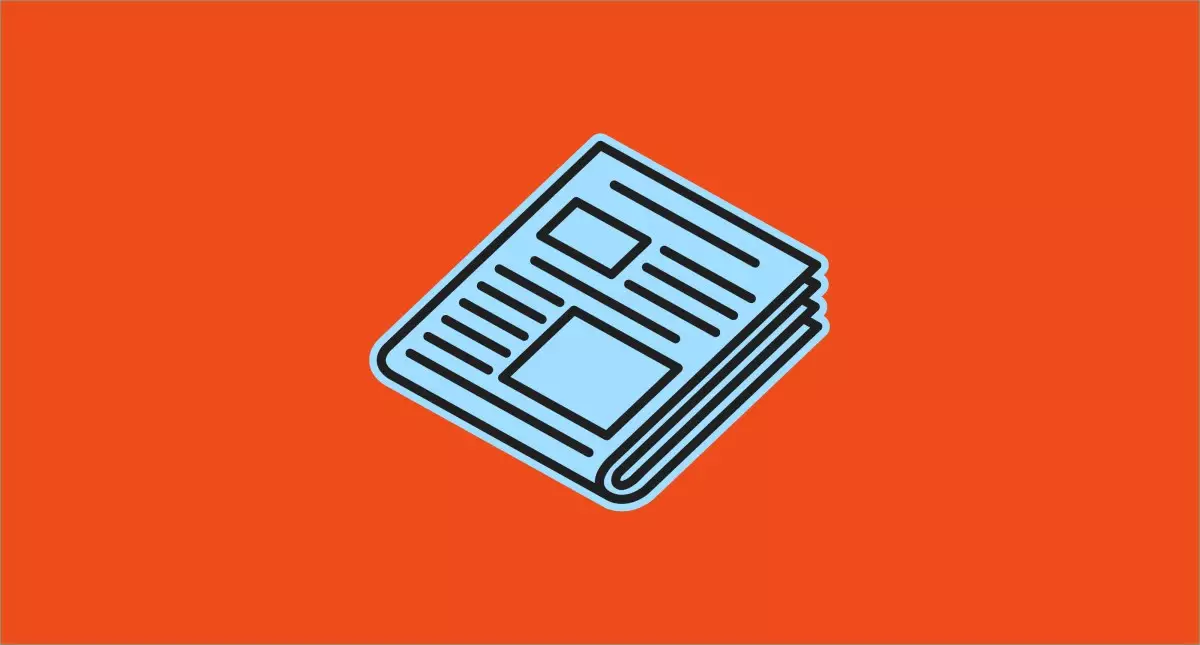In a significant legal move, a coalition of prominent Canadian news organizations has initiated a lawsuit against OpenAI, the maker of the influential language model, ChatGPT. This group includes celebrated names such as the Toronto Star, the Canadian Broadcasting Corporation (CBC), and the Globe and Mail. At the core of their grievance lies a strong assertion that OpenAI has unlawfully utilized their copyrighted materials, thereby reaping substantial benefits at the expense of the news agencies. The lawsuit highlights the critical issue of intellectual property rights within the rapidly evolving tech landscape, raising questions about the implications of artificial intelligence on journalism and content ownership.
The plaintiffs contend that OpenAI has indiscriminately harvested content from their websites to train its language models, which underpin ChatGPT’s functionalities. This content, they argue, is the result of considerable investment in resources, time, and rigorous effort by journalists and other media professionals. The companies further claim that rather than seeking permission for the use of their work, OpenAI has engaged in blatant misappropriation of their intellectual property. This claim touches on a larger conversation about ethical practices in AI development and the obligations of technology firms towards traditional content creators.
The Canadian media companies are not alone in their legal pursuits; OpenAI faces similar lawsuits from various entities, including high-profile organizations like The New York Times and individual creators such as comedian Sarah Silverman. This cascade of legal challenges underscores a growing tension between AI developers and content creators. The plaintiffs aim not only for financial restitution but also for a court ruling that would prevent OpenAI from utilizing their materials in the future, a move that could further redefine the boundaries of content licensing in the age of AI.
In response to the lawsuit, OpenAI has issued statements defending its practices. The company asserts that ChatGPT serves as a valuable tool for millions, facilitating creativity and problem-solving. OpenAI claims that its models are grounded in the fair use principle and that they utilize publicly available data. They emphasize their collaboration with various media entities, noting existing licensing agreements with several publishers. However, the Canadian companies argue that despite these claims, they have not received any compensation or acknowledgment for the use of their works by OpenAI. This discrepancy raises important questions about the fairness and transparency of AI training methods.
As technological advancements outpace regulatory frameworks, the ongoing legal battle between Canadian media companies and OpenAI shines a spotlight on the urgent need for clearer copyright laws, especially concerning AI-generated content. This lawsuit could pave the way for more explicit guidelines on how AI companies must engage with copyrighted materials. The outcome may significantly impact the interplay between traditional media and digital innovation, potentially reshaping the landscape of both journalism and artificial intelligence for years to come. The stakes are high, and the resolution of this case could establish crucial precedents in protecting creators’ rights in an increasingly digital age.

